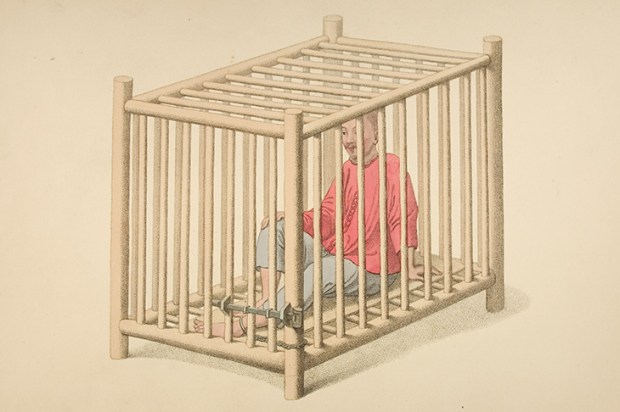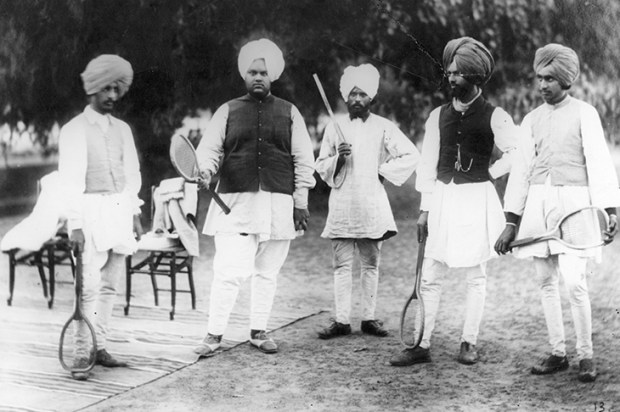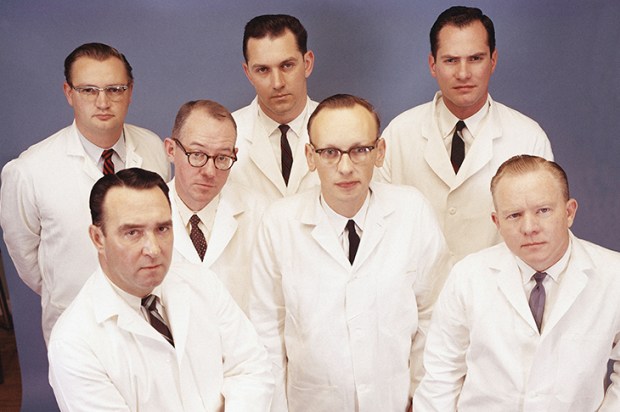There are times when I am tempted to think that English, in general terms, is richer and more colourful than most other languages. Then I have to pull myself up and say, ‘No, Kel, you’re just getting carried away because English is your mother tongue.’ Now I have found unexpected (and authoritative) support from an unexpected source: Jorge Luis Borges. He was an Argentinian writer of short stories, essays and poetry. Borges lived from 1899 to 1986. (My favourite Borges book is Labyrinths, and I can recommend it). For Borges, Spanish was his native language – but he still spoke of English as the kind of rich and varied language I always suspected it be. And he gave a reason – namely, that English is both a Germanic and a Latin language.
It works, he said, in both those registers. English started out as a completely Germanic language. The form of English we used to call Anglo-Saxon and now call Old English is Germanic – related to other Germanic languages (Old High German, Dutch, Norse and other Scandinavian languages).
For English, this one register changed in 1066 with the arrival of William the Conqueror and his Norman French-speaking knights. From them English was flooded with words of Latin origin via French. The result is the ‘double register’ of English that Borges notices. He points out that equivalent Germanic or Latin sourced words in English convey subtly different feelings. For example, ‘kingly’ (Germanic) is different in subtle and interesting ways from ‘regal’ (Latin). And the same is true of the subtle but important distinctions between ‘fraternal’ (Latin) and ‘brotherly’ (Germanic) – or between ‘dark’ (Germanic) and ‘obscure’ (Latin). And he points out that ‘ghost’ is a ‘fine, dark, Saxon word’ while ‘spirit’ is ‘a light Latin word’.
Borges suggests that for most ideas English gives you a choice of two words, both with the same broad meaning, but having subtle, interesting differences. So, is Borges right? Is English an especially rich language because it has two linguistic parents rather than one? What do you think?
Got something to add? Join the discussion and comment below.
Contact Kel at ozwords.com.au
You might disagree with half of it, but you’ll enjoy reading all of it. Try your first month for free, then just $2 a week for the remainder of your first year.













